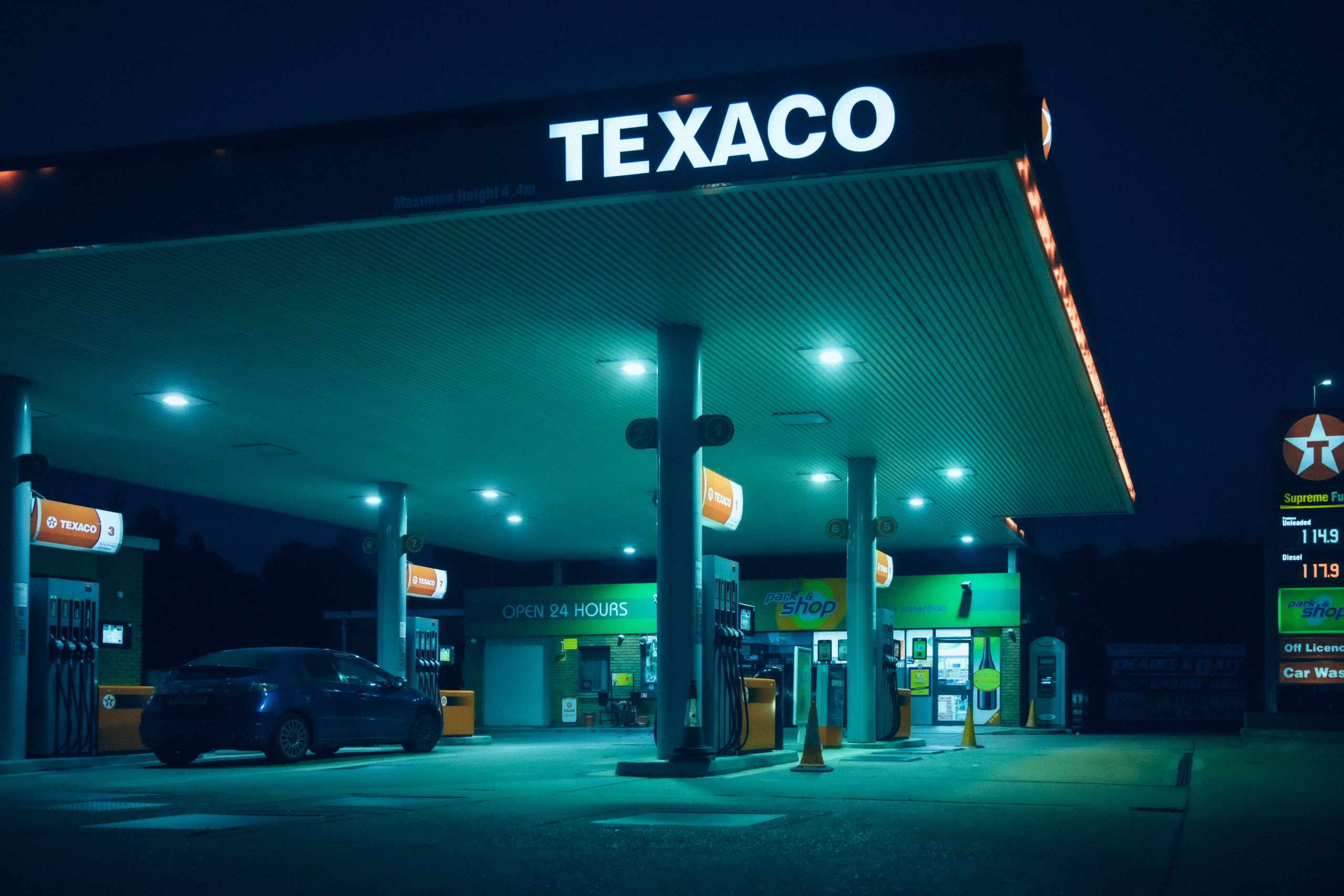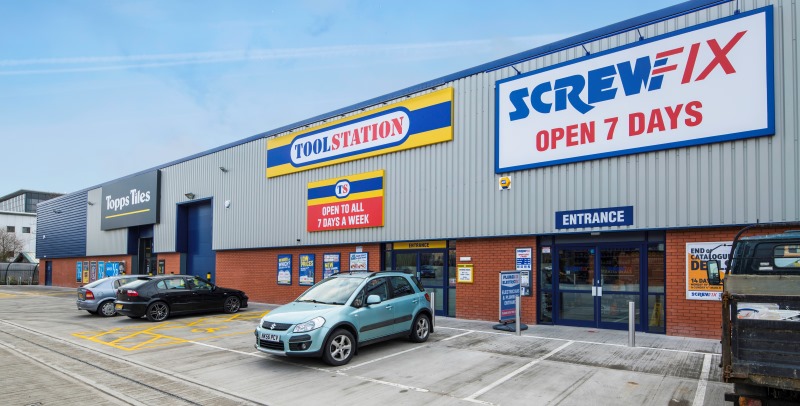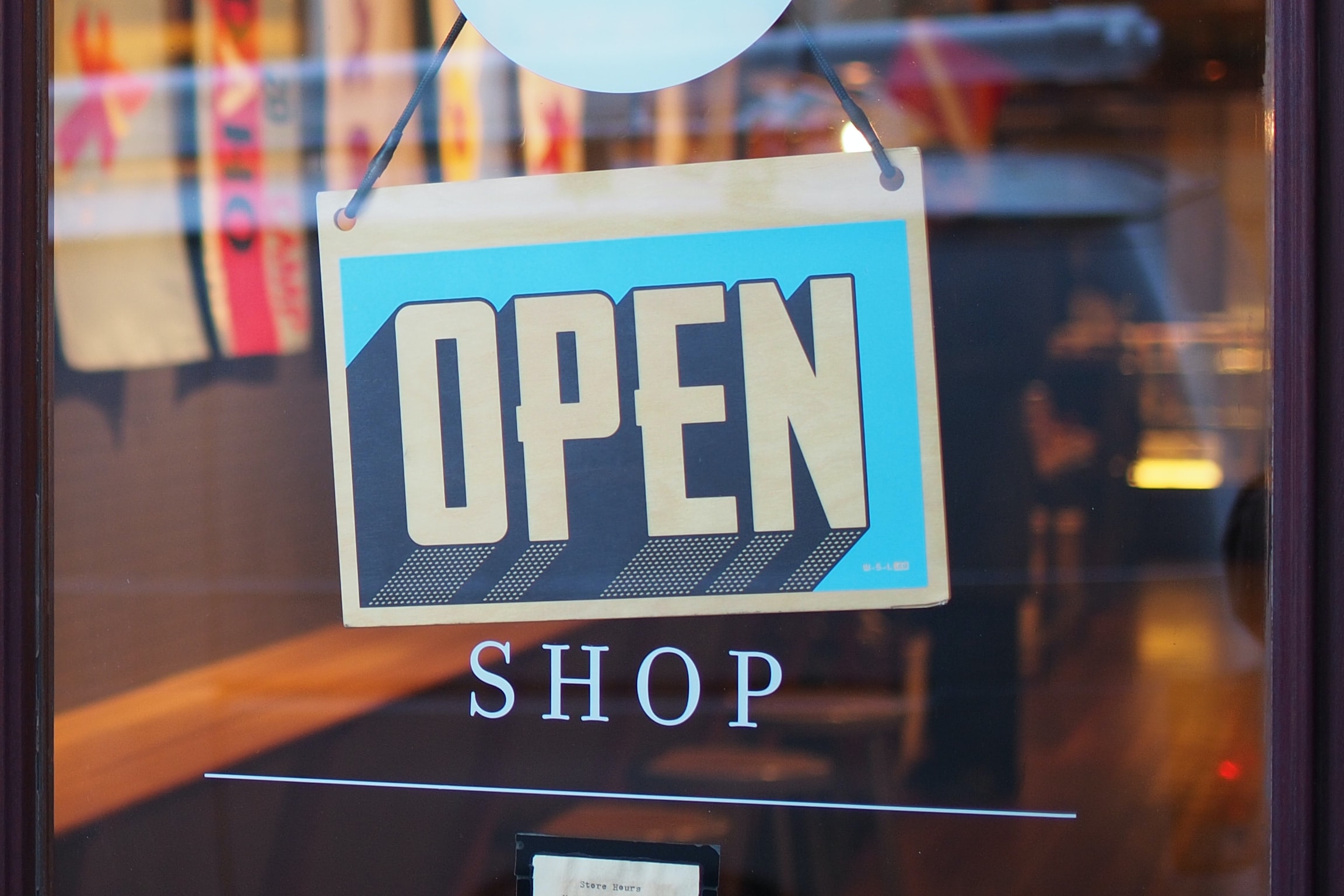
Whilst lockdown understandably led to a 24.7% drop in car usage throughout 2020, petrol forecourts have surprisingly fared better than expected. Not only were they deemed essential retail, allowing them to trade throughout lockdown but over the past 5 years, they have developed into more than just a seller of fuel.
In the UK, 88% of the 8,362 petrol stations now have some sort of combined forecourt shop whether mini-convenience, coffee, bakery, fast food, package pick up points. Only 19% of forecourt shoppers today cite fuel as their main reason for visiting a forecourt (HIM report 2020).
With people getting busier, forecourt stores have become a one stop convenience shops owning to their location advantage and their long opening hours. Additionally amid the coronavirus fears, they have emerged as an alternative to busy supermarkets.
The increasing prevalence of the convenience culture is driving growth of the forecourt retail market, which is responding by improving its food and product offerings.
Good quality on-site property with strong underlying residual value and flourishing convenience operations all combine to make well located forecourts an attractive investment proposition.


